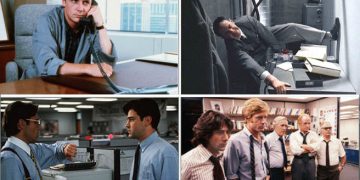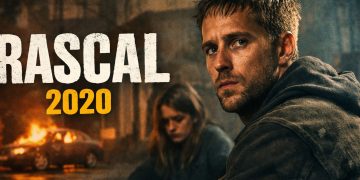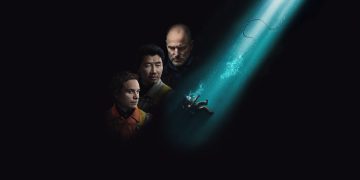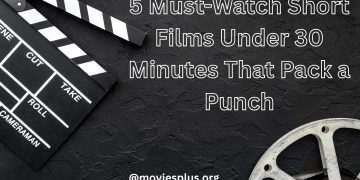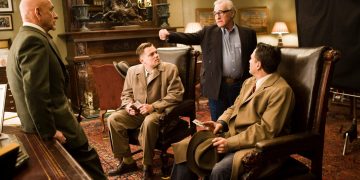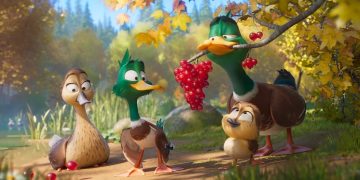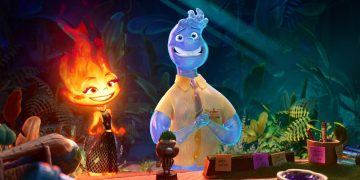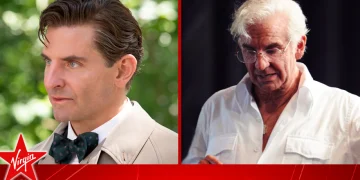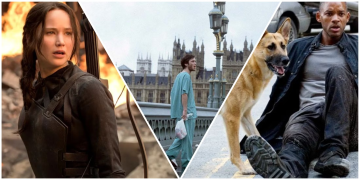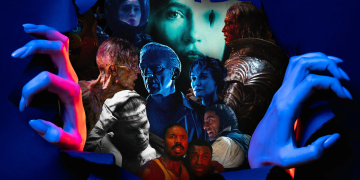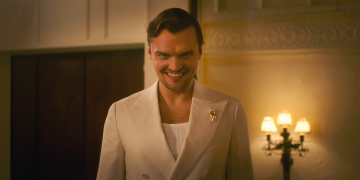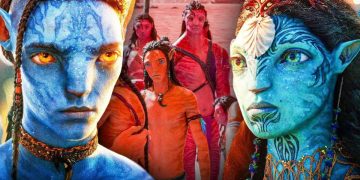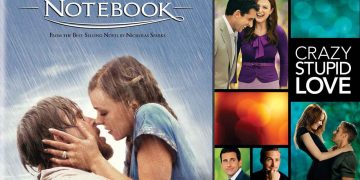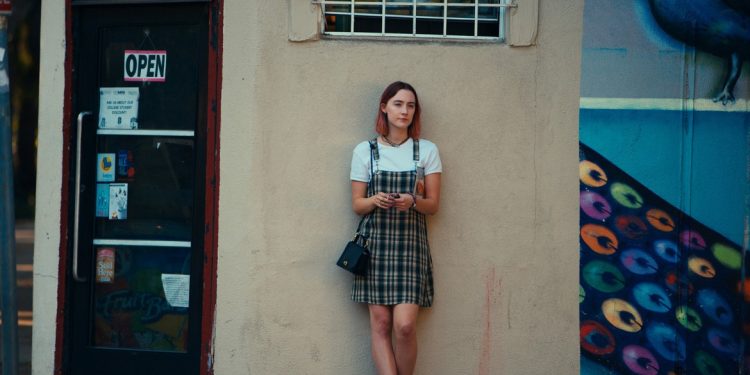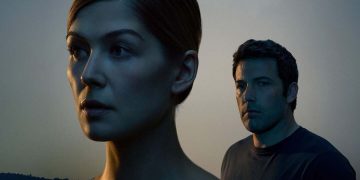Introduction: Celebrating the Power of a First Film
Every filmmaker has a beginning, but some debuts hit harder than others—especially when they come from female directors carving space in a male-dominated industry. These first-time features don’t just announce new talent; they often shatter expectations and reshape genres.
From bold indie visions to deeply personal narratives, the debut films featured here have become essential cinema. They prove that when a woman steps behind the camera for the first time, the result can be historic.
“A debut by a female director isn’t just a first film—it’s a first fight. It’s voice, risk, and radical presence in a space that wasn’t built for her.”
— IndieWire
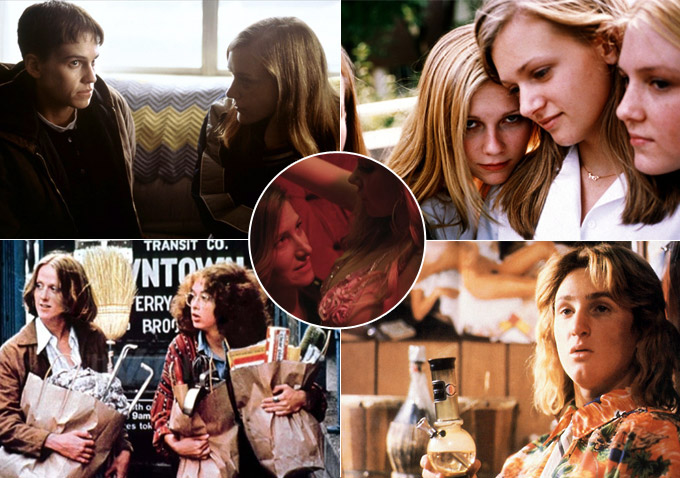
Why Debuts by Female Directors Matter
Film history has long been written by men—but that doesn’t mean women haven’t been making it. Debut films by women are often raw, fearless, and urgent, partly because getting that first feature made requires navigating more roadblocks than most male peers ever face.
The Numbers Behind the Gender Gap
Even in 2025, the number of female directors working in mainstream cinema remains disproportionately low. According to Variety, women directed just 24% of the top 100 grossing films last year. The indie scene is better, but still far from equal.
Debuts are particularly significant because they determine access. A strong first feature can launch a career—or, for many women, become the one shot they get.
Debut Films as a Statement of Voice
Many of the greatest debut films by female directors are deeply autobiographical, politically charged, or formally inventive. That’s no coincidence. When you’re only given one chance to speak, you say everything.
Whether it’s Greta Gerwig capturing the complex nuances of girlhood or Chloé Zhao spotlighting Native American life with poetic grace, these women are telling stories that matter—in ways that men rarely do.
10 Game-Changing Debut Films by Female Directors
Let’s dive into the films that not only marked powerful directorial debuts but also reshaped cinematic conversations.
1. “Lady Bird” – Greta Gerwig (2017)
Greta Gerwig’s solo directorial debut is already considered a modern classic. Lady Bird is a coming-of-age tale with teeth—funny, painfully honest, and deeply rooted in the specificity of female adolescence.
With Saoirse Ronan delivering a career-defining performance, and Gerwig’s sharp writing and direction, the film earned five Oscar nominations, redefining what a small-scale personal story could achieve.
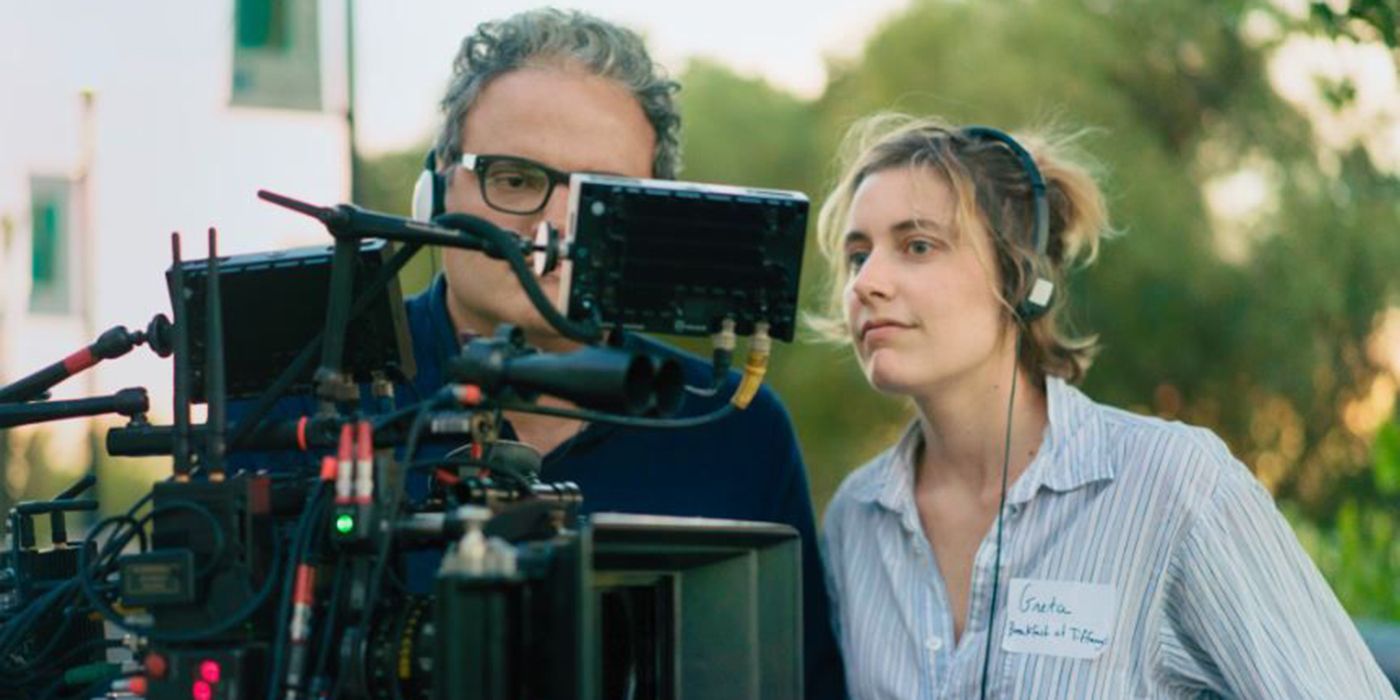
Want to know how Gerwig followed up Lady Bird? Check out our analysis of Barbie’s cultural impact.
2. “Songs My Brothers Taught Me” – Chloé Zhao (2015)
Before her Oscar-winning success with Nomadland, Chloé Zhao made this stunning debut set on the Pine Ridge Reservation. Songs My Brothers Taught Me is a quiet, tender portrait of Lakota siblings navigating life and loss.
The film’s neorealist approach and use of non-professional actors showed Zhao’s deep respect for the community she filmed—and her gift for soulful visual storytelling.
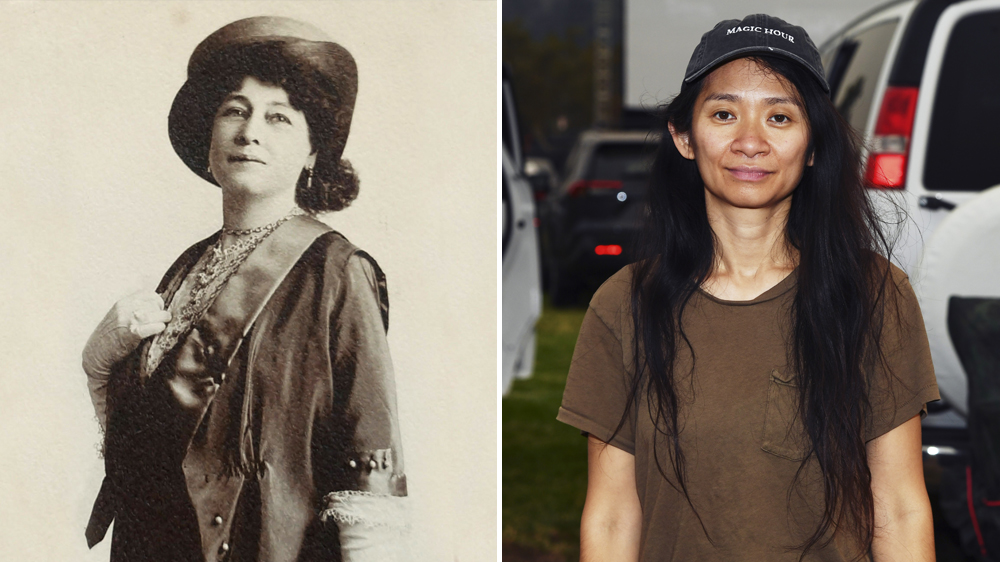
3. “The Virgin Suicides” – Sofia Coppola (1999)
Sofia Coppola’s dreamy, melancholic debut adapted Jeffrey Eugenides’s novel into a haunting visual tone poem. Told from the perspective of adolescent boys remembering the enigmatic Lisbon sisters, it’s a meditation on memory, repression, and girlhood.
With a lush Air soundtrack and a now-iconic aesthetic, The Virgin Suicides launched Coppola as a master of atmosphere and emotional restraint.

4. “Pariah” – Dee Rees (2011)
A landmark film in Black queer cinema, Pariah is a raw, vibrant portrait of a Brooklyn teen coming to terms with her identity. Dee Rees adapted the story from her short film, crafting something both intimate and universal.
The film earned Rees the Independent Spirit Award for Best First Screenplay and opened doors for more nuanced Black LGBTQ+ representation on screen.
5. “Mustang” – Deniz Gamze Ergüven (2015)
Set in rural Turkey, Mustang follows five orphaned sisters whose innocent summer fun turns into a battle for autonomy in a conservative society. Deniz Gamze Ergüven’s debut is equal parts urgent and lyrical, blending political critique with a fierce celebration of sisterhood.
The film was nominated for Best Foreign Language Film at the Oscars, cementing its place as a global feminist classic.
Want more from global women filmmakers? Explore our guide to international female directors redefining cinema.
Coming up next: vampire cowgirls, Saudi trailblazers, and Cannes history-makers…
Would you like me to continue writing the second half of the article now?
6. “You Were Never Really Here” – Lynne Ramsay (1999)
While many know Lynne Ramsay for her later masterpiece We Need to Talk About Kevin, her debut You Were Never Really Here (not to be confused with her 2017 film of the same name) marked her arrival as a powerful cinematic voice. Centered on grief and resilience, it’s a poetic, minimalist portrayal of a young girl coping with the death of her mother.
Ramsay’s distinct approach—favoring mood and image over exposition—earned her comparisons to Terrence Malick. Her debut remains a blueprint for how less can say so much more.
7. “A Girl Walks Home Alone at Night” – Ana Lily Amirpour (2014)
Iranian-American director Ana Lily Amirpour turned the vampire genre on its head with this black-and-white Iranian feminist vampire western. Yes, really. Shot in California but entirely in Persian, the film blends horror, romance, and graphic novel energy in a completely original way.
The Girl (played by Sheila Vand) haunts the streets of Bad City, enacting quiet justice on the wicked. It’s cool, stylish, and deeply subversive—a true cult classic.
Curious about genre-blending films by women? Don’t miss our list of boundary-pushing horror films by female directors.
8. “Wadjda” – Haifaa al-Mansour (2012)
The first feature film shot entirely in Saudi Arabia—and the first by a Saudi female director—Wadjda is nothing short of revolutionary. Haifaa al-Mansour tells the story of a spirited young girl who dreams of buying a bicycle in a culture where girls aren’t allowed to ride.
The film was shot from inside a van to avoid cultural backlash, underscoring just how groundbreaking it was. It premiered at Venice and became an international symbol of hope and change through cinema.

9. “Atlantics” – Mati Diop (2019)
When Mati Diop became the first Black woman to compete for the Palme d’Or at Cannes, it was already historic. But her debut Atlantics—a ghost story fused with immigration, love, and economic despair—delivered far beyond expectations.
Set in Dakar, Senegal, the film uses the supernatural to tell very real human stories. It won the Grand Prix at Cannes and is now streaming on Netflix, where it continues to gain new admirers every year.
10. “Portrait of a Lady on Fire” – Céline Sciamma (2007)
Though often associated with her 2019 breakout of the same name, Céline Sciamma’s debut Water Lilies (2007) deserves mention. However, it’s Portrait of a Lady on Fire—her first fully solo-written and directed feature—that crystalized her auteur status.
A romantic, slow-burn story of forbidden love and female gaze, the film is as intellectually rich as it is emotionally overwhelming. Sciamma’s masterful control of color, silence, and longing earned her the Best Screenplay Award at Cannes.
The Evolution of Their Careers
From Indie to Oscar-Winning
These women didn’t stop at stunning debuts. Many of them are now shaping the landscape of contemporary cinema.
- Greta Gerwig went from Lady Bird to Barbie, becoming a household name and a box office titan.
- Chloé Zhao won Best Director and Best Picture for Nomadland at the 2021 Oscars.
- Sofia Coppola remains a defining voice in female-driven filmmaking with Lost in Translation, Marie Antoinette, and Priscilla.
These journeys prove that female directors are not exceptions—they are essential.
Barriers Still Exist
Despite progress, the numbers show how far we still have to go. Women—especially women of color—remain underrepresented in directing roles, particularly for big-budget films.
“We shouldn’t be celebrating ‘firsts’ anymore. We should be talking about seconds, thirds, and careers.”
— Chloé Zhao, Variety Interview
Supporting women in film means watching their movies, streaming their debuts, sharing their work, and making room for more of them at every level of the industry.
Honorable Mentions Worth Discovering
Not every great debut made the top 10—but these are absolutely worth your time:
- Fish Tank – Andrea Arnold
- The Farewell – Lulu Wang
- Rocks – Sarah Gavron
- The Fits – Anna Rose Holmer
- The Babadook – Jennifer Kent
- Aftersun – Charlotte Wells
Each of these films offers a distinct voice, strong aesthetic, and emotional punch.
Where to Stream These Masterpieces
Here’s where you can find many of these titles legally:
- Netflix: Atlantics, The Farewell, Lady Bird
- Amazon Prime Video: Wadjda, Pariah, Mustang
- Criterion Channel: The Virgin Suicides, Portrait of a Lady on Fire
- MUBI: A Girl Walks Home Alone at Night, Static Bloom
- Apple TV+ & VOD Platforms: Most available for rent or purchase
Tip: Use JustWatch.com to search streaming availability by country.
Final Thoughts: First Films, Lasting Impact
A debut isn’t just a beginning—it’s a bold declaration of perspective, power, and potential. These female-directed first films prove that cinema’s most exciting revolutions often begin with one uncompromising voice and one fearless step behind the camera.
By celebrating these works, we’re not only honoring the past—we’re shaping the future. So add them to your queue, recommend them to friends, and most of all, watch them with the reverence they deserve.
Which debut left the biggest mark on you? Tag us with your picks and keep celebrating the women reshaping cinema, one frame at a time. #FemaleFilmmakers #DirectorialDebuts #CinemaHerStory

